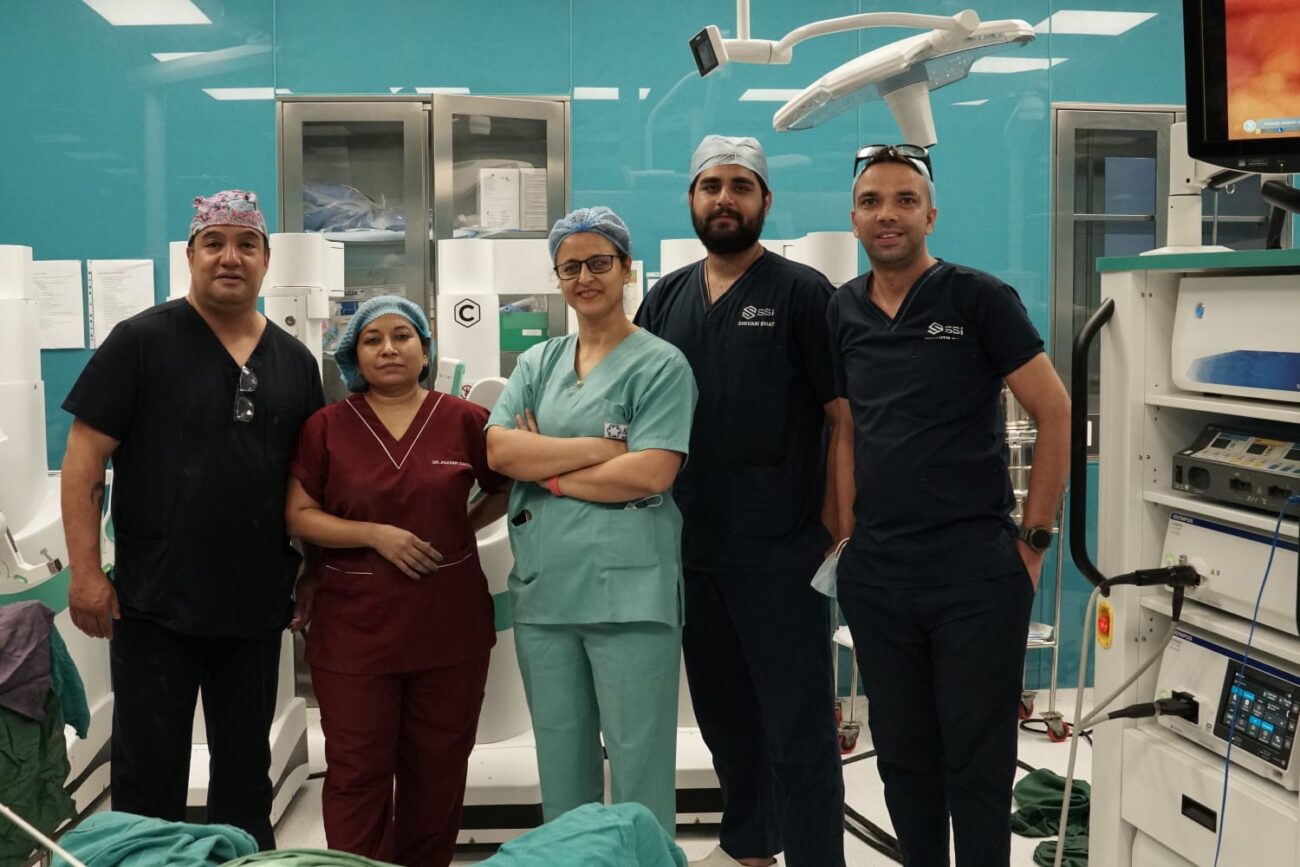Artificial Intelligence and Its Impact on the Healthcare Sector
Artificial intelligence (AI) has gained momentum in the last couple of years by becoming a part of diverse professional fields. With the thought of accelerating the growth of the healthcare sector, AI has become an integral part of
Artificial intelligence (AI) has gained momentum in the last couple of years by becoming a part of diverse professional fields. With the thought of accelerating the growth of the healthcare sector, AI has become an integral part of the industry. Its impact on the healthcare sector promises to be truly revolutionary. From hospital care and insurance to drug advancement and research, AI applications are transforming the face of health sector working towards improving the patient outcome.
The nation has witnessed rapid dissemination of Internet and smartphones over the last decade. Since the ratio of doctors in India is 1 in 11,000 patients, AI offers the possibilities and opportunities to overcome this ratio and make way into the remotest areas of the country. The government’s eagerness for innovation and adaptation of technology is at an all-time high with Indian states seeking to make the most of this revolutionary invention.
Artificial Intelligence transforms the following three pillars of the healthcare industry:
• Operational Excellence: Initiatives taken at a hospital to enhance its logistic efficiency and automating typical detail-intensive tasks like periodic data capture at a hospital.
• Care Delivery: Core purpose of a hospital to treat patients with the utmost care from all medical and administrative staff.
• Customer Experience: Initiatives taken in a hospital to provide patient-friendly facilities.
India has given rise to several brilliant minds in the field of AI. In recent times, a large number of AI and machine learning (ML) startups have emerged and flourished, including names like mFine, LiveHealth, ChironX, DRiefcase, etc. Many healthcare industries in India need automation for a range of tasks and are thereby using AI as a solution. The innovation is proving to be valuable in diagnosis, monitoring of chronic conditions, robotic surgeries, drug discovery etc.
Through AI, changes can be seen happening not only in the segment of hospital care but also in the management and administration of a hospital. With ML and AI, it is possible for hospital business office personnel to recognise, resolve and prevent billing exceptions, i.e. claims that did not smoothly complete the payment cycle.

Manager, Branding and Communications
Paras Hospitals, Gurgaon
Apart from extending a helping hand in managing medical records and other data, effective use of AI is also visible in analysing tests, X-Rays, CT scans and data entry. Digital consultations, virtual nurses, management of medications are possible through various applications available these days. Some more advantages that AI has brought in the healthcare sector include drug creation, precision medicines, health monitoring and healthcare system analysis.
The growth and expansion of AI is still in its early stages. Several studies state that AI, in the coming years, will become an integral and prominent part of our everyday lives. For the betterment of the healthcare sector, AI should become an integral part of the industry to allow medical professionals to focus on the real goal of curing people and providing better care for all.




